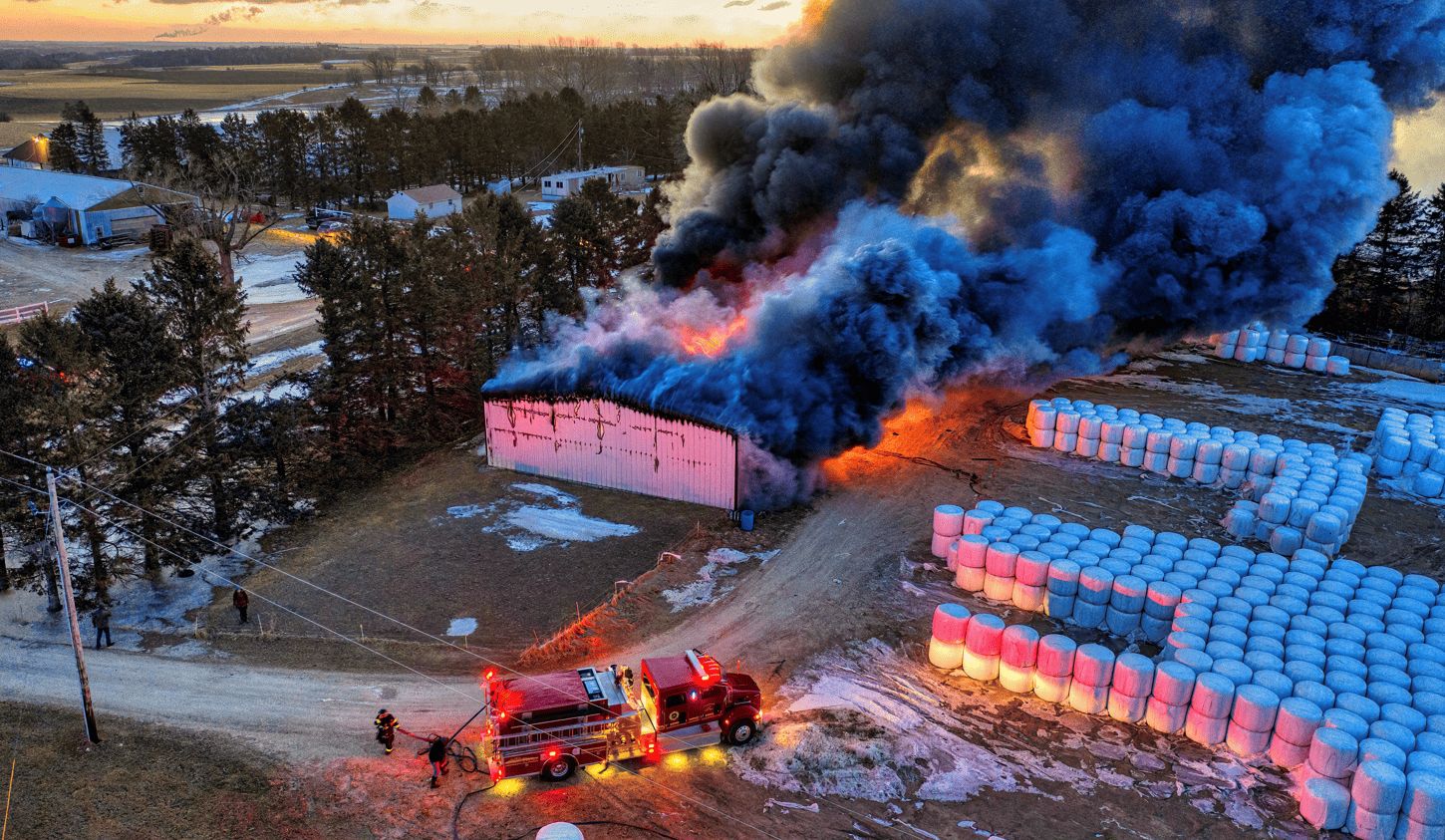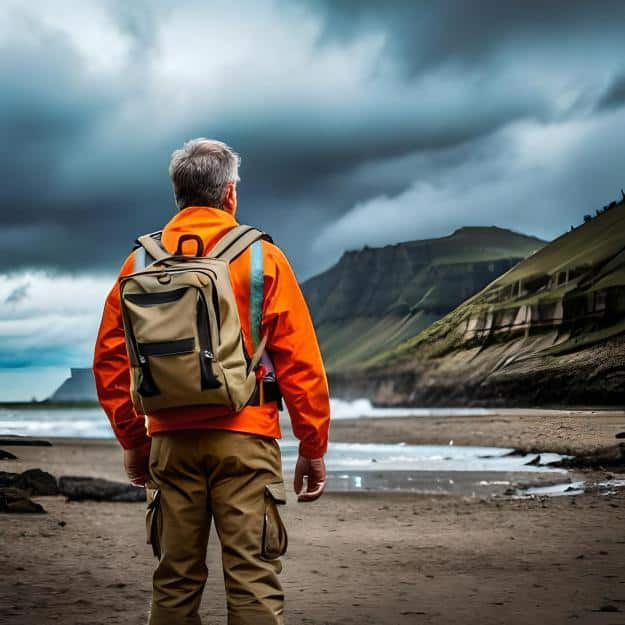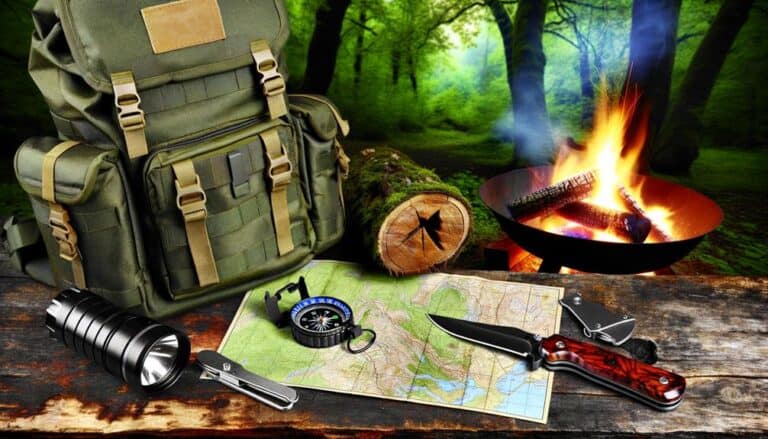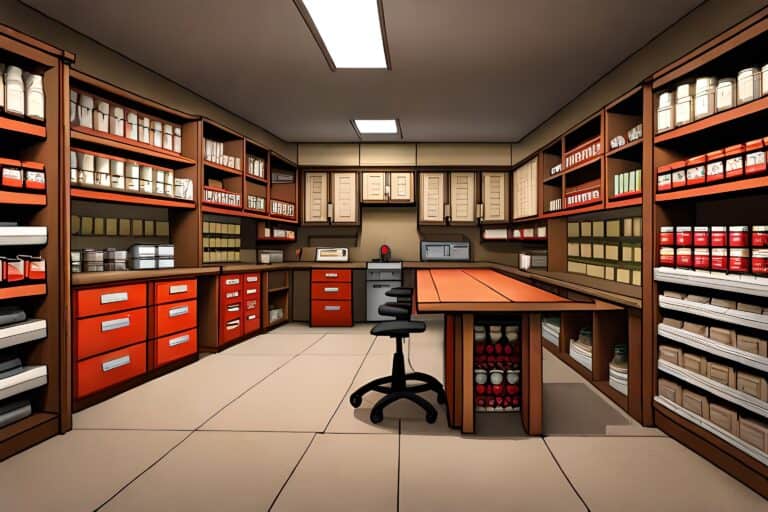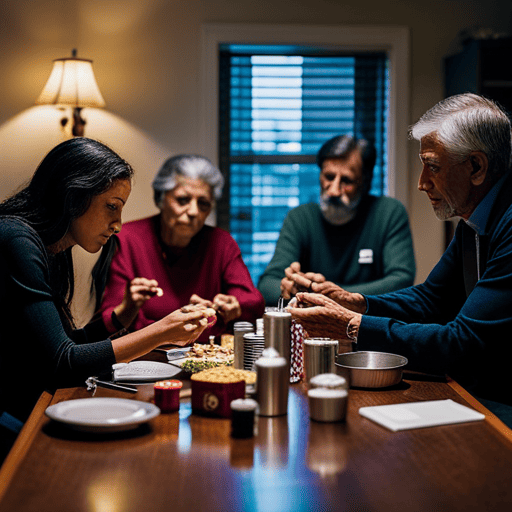How Can I Find Help During An Emergency?
When disaster strikes, it’s natural to feel overwhelmed and uncertain about what steps to take next. We’ve all been there – the heart races, thoughts become scattered, and you might even experience that sinking feeling of helplessness.
In this article, we’ll explore various avenues through which support can be accessed during emergencies – medical crises, accidents, or natural disasters. With this newfound understanding at your fingertips, you’ll be more prepared than ever to tackle any challenges life throws your way; ultimately finding liberation in knowing that you’re never alone during times of crisis.
- Emergency Hotlines: Your Lifeline in Times of Need
- Online Resources
- Local Support Services
- Insurance Coverage
- Community Assistance Programs
- Frequently Asked Questions
- What Should I Include In An Emergency Preparedness Kit For My Family And Pets?
- How Can I Create An Effective Emergency Communication Plan For My Family Members?
- What Steps Should I Take To Protect My Home And Property During A Natural Disaster?
- How Can I Stay Informed About Potential Emergencies In My Area And Receive Timely Updates?
- What Are Some Tips For Coping With Stress And Maintaining Mental Health During And After An Emergency?
- Conclusion
Emergency Hotlines: Your Lifeline in Times of Need
When an emergency strikes, it can leave you feeling overwhelmed and powerless. But fear not, because help is just a phone call away!
Emergency hotlines are designed to assist you with any crisis related to your physical health or financial aid needs. By dialing these vital numbers, trained professionals will be ready to provide guidance, support, and resources that could save your life or get you back on track.
Don’t wait for calamity to take control; by familiarizing yourself with these essential helplines, you’re one step closer to embracing self-sufficiency and liberating yourself from uncertainty.
So, empower yourself today by learning about the various emergency hotlines available in your area. Remember, knowledge is power – and having access to lifesaving assistance during critical moments can make all the difference between despair and hope.
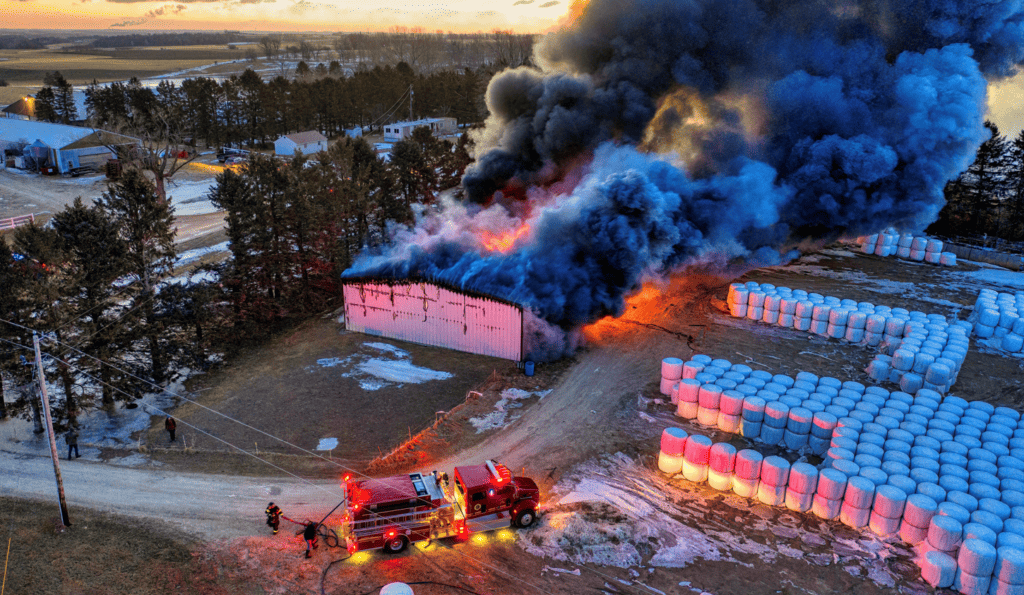
Online Resources
Imagine a world where help is just a click away during an emergency. This isn’t just the stuff of movies; it’s our reality today with online resources that empower us to take control of our safety and well-being.
Harnessing the power of technology, these tools provide valuable information, support, and guidance in times of need, ensuring you’re never alone when facing life’s most challenging moments.
One such resource for online safety is digital privacy tools which play a crucial role in safeguarding your data while accessing critical services during emergencies. Using encrypted messaging apps, secure browsing extensions, and virtual private networks (VPNs); you can protect yourself from cyber threats while seeking assistance or sharing vital information about your situation.
Remember, knowledge is power – and by embracing these innovative solutions, you’ll gain newfound freedom to confidently navigate any crisis, knowing that help is always at hand.
Local Support Services
Don’t panic; help is closer than you think! Knowing where to turn for assistance can make all the difference in times of crisis or emergency.
Local support services are ready and waiting to provide aid when needed most – from mental health care to financial resources.
- Emergency hotlines: These helplines offer immediate support during a crisis or emotional distress, connecting callers with trained professionals who can provide guidance and advice.
- Mental Health Services: Contact local therapists, counselors, or community mental health centers for professional care tailored to your needs.
- Financial Aid Programs: Many communities have organizations offering financial assistance in emergencies; find out what options are available nearby.
- Local Nonprofits & Charities: Numerous charitable initiatives focus on helping those in need during difficult times, providing anything from food banks to temporary shelters.
Remember that seeking help is not a sign of weakness but shows tremendous strength and courage. Whether you’re struggling with your mental health or facing unexpected financial challenges, don’t hesitate to contact these local support services.
They exist for moments like this: giving you the tools and resources necessary for overcoming adversity and regaining control over your life.
Embrace the opportunity for liberation by making use of these invaluable assets today!
Insurance Coverage
During a crisis, it’s crucial to consider how insurance coverage can help alleviate your financial burden.
Accidents and emergencies often come with mounting medical bills and out-of-pocket costs that can spiral out of control if not properly managed.
Having adequate insurance protection in place offers you peace of mind knowing that these expenses will be taken care of, allowing you to focus on what truly matters—your health and well-being.
As you navigate life’s unpredictable twists and turns, remember the importance of safeguarding yourself and your loved ones from potential hardship.
Review your insurance policies regularly to ensure they’re up-to-date and provide comprehensive emergency coverage.
By taking this proactive approach, you’ll feel empowered knowing that no matter what challenges arise, you have a safety net that provides an invaluable sense of liberation from worrying about overwhelming expenses during trying times.
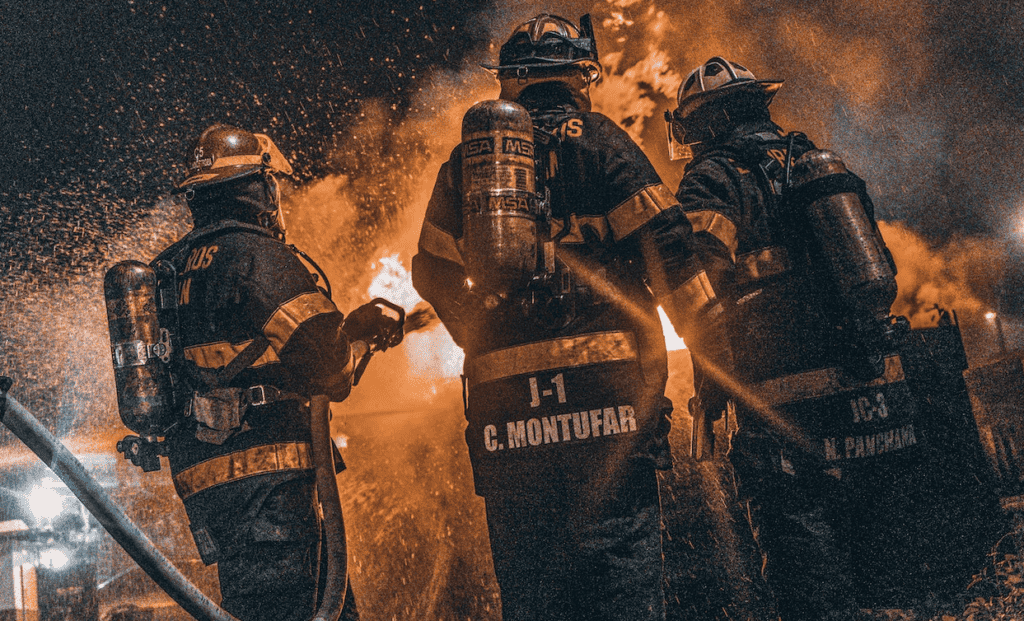
Community Assistance Programs
Do not underestimate the power of community assistance programs during emergencies. They are crucial in providing support and resources to individuals and families facing crises. These programs are designed with your welfare in mind, offering essential services such as financial counseling, medical assistance, food distribution, and temporary housing.
Consider tapping into these four key community assistance programs when you find yourself in need:
- Local Nonprofit Organizations: Many local nonprofits offer emergency assistance specific to their communities. Contact organizations like the Salvation Army or United Way for guidance on available resources.
- Government Assistance Programs: Federal and state governments provide various aid forms, including healthcare access through Medicaid, SNAP benefits (food stamps), and TANF (Temporary Assistance for Needy Families). Check if you qualify for any of these programs during an emergency situation.
- Faith-Based Groups: Churches, synagogues, mosques, and other religious institutions often have outreach programs that can help with basic needs like food, clothing, shelter or even financial counseling – regardless of your faith affiliation.
- Healthcare Providers: In case of medical emergencies resulting from accidents or natural disasters, hospitals may work alongside volunteer groups and government agencies to provide free or low-cost medical assistance.
Let us acknowledge the importance of seeking help during trying times by embracing the resources offered within our communities. Remember that it is never too late to start anew after overcoming adversity; taking advantage of these critical support systems will only lead you closer to liberation from distressing situations.
So next time you face an emergency challenge – personal or communal – consider turning to your local community leaders who strive tirelessly to uplift those affected by unforeseen circumstances every day.
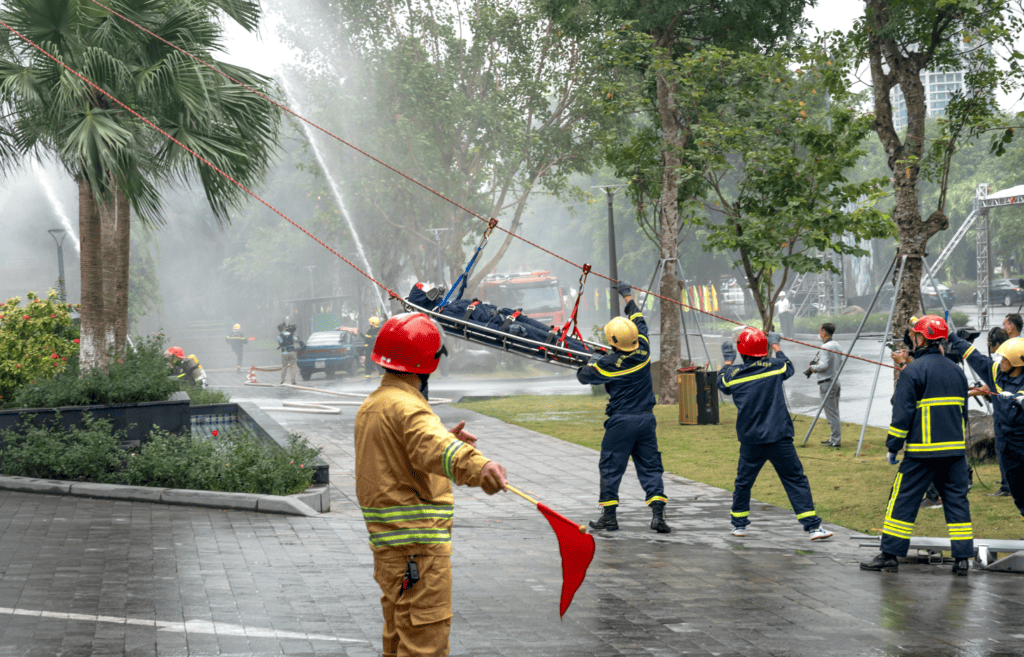
Frequently Asked Questions
What Should I Include In An Emergency Preparedness Kit For My Family And Pets?
When it comes to ensuring the safety and well-being of your loved ones during a crisis, taking preventative measures is key. That’s why it’s essential to have an emergency preparedness kit ready for both your family and pets.
This lifesaving stash should include vital emergency supplies such as:
- Non-perishable food
- Water
- First-aid essentials
- Flashlights with extra batteries
- Important documents in waterproof containers
- Blankets
- Clothing changes
- Personal hygiene items
- Cash or traveler’s checks
- Any necessary medications
Remember to also pack pet-specific items like:
- Food
- Water dishes
- Toys for comfort and distraction
- Leashes or carriers for safe transportation
- Vaccination records
By having these crucial provisions on hand when disaster strikes, you’ll feel more liberated knowing you’ve taken control of potential chaos by preparing yourself and those under your care.
How Can I Create An Effective Emergency Communication Plan For My Family Members?
Creating an effective emergency communication plan for your family members is crucial in ensuring everyone’s safety during a disaster.
Start by establishing a list of emergency contacts, including local authorities, medical facilities, and out-of-town relatives or friends who can serve as a rallying point if you cannot communicate directly with each other.
Discuss scenarios with your loved ones and designate specific meeting places within and outside your neighborhood.
Ensure all family members have access to the contact information and are familiar with basic disaster planning techniques, such as using text messages instead of calls during high-traffic times on phone lines.
Don’t forget to include provisions for those with disabilities or special needs and plans for pets.
A comprehensive communication strategy empowers your family with the tools they need to stay safe and connected during emergencies.
What Steps Should I Take To Protect My Home And Property During A Natural Disaster?
To safeguard your home and property during a natural disaster, it’s crucial to take proactive measures that provide a sense of liberation from potential harm.
Start by creating boundaries such as installing storm shutters, reinforcing roof structures, and securing outdoor objects to minimize damage caused by high winds or heavy rain.
Don’t forget the importance of stocking supplies like non-perishable food items, water, flashlights, batteries, and first-aid kits in case utilities are disrupted.
By taking these essential steps, you’ll feel more confident and prepared to face any challenges that come your way during an emergency.
How Can I Stay Informed About Potential Emergencies In My Area And Receive Timely Updates?
Staying informed about potential emergencies in your area and receiving timely updates is crucial for ensuring you’re prepared to face any situation.
By staying alert, setting up emergency contacts, and using reliable sources of information like local news outlets or dedicated apps, you can keep yourself in the loop on potential threats.
Additionally, signing up for community-based alerts and notifications from government agencies will ensure that you receive accurate and real-time updates.
Embracing these resources empowers you with the knowledge needed to safeguard your well-being, putting the power of liberation from fear right at your fingertips.
What Are Some Tips For Coping With Stress And Maintaining Mental Health During And After An Emergency?
Coping with stress and maintaining mental health during and after an emergency can be challenging but essential for overall well-being.
Keep an eye out for identifying warning signs, such as changes in behavior or mood swings, which may indicate that you’re struggling to cope.
Seek support from friends, family, or professionals like therapists and counselors when needed, as they can effectively provide valuable guidance on managing emotions.
Remember that self-care is crucial – decompress through activities you enjoy or get enough sleep.
By staying proactive about your mental health, you’ll be better prepared to face emergencies with resilience and strength.
Conclusion
In conclusion, we must prioritize our safety and well-being by preparing an emergency kit tailored to our family’s needs. Including essentials such as food, water, medications, and supplies for family members and pets can make a significant difference in difficult situations.
We should also not forget the importance of creating an effective communication plan that ensures everyone remains connected during emergencies. We must proactively protect our homes and properties from potential damage caused by natural disasters. We can minimize these events’ impact on our lives by taking necessary precautions.
Additionally, staying informed about possible emergencies through reliable sources allows us to react timely and appropriately when needed. Lastly, let’s not underestimate the emotional toll an emergency can take on our mental health. Learning coping mechanisms and seeking support from loved ones or professionals are vital to maintaining psychological well-being during challenging times.
Remember that as we navigate through emergencies together, resilience and preparedness will help guide us toward recovery.

